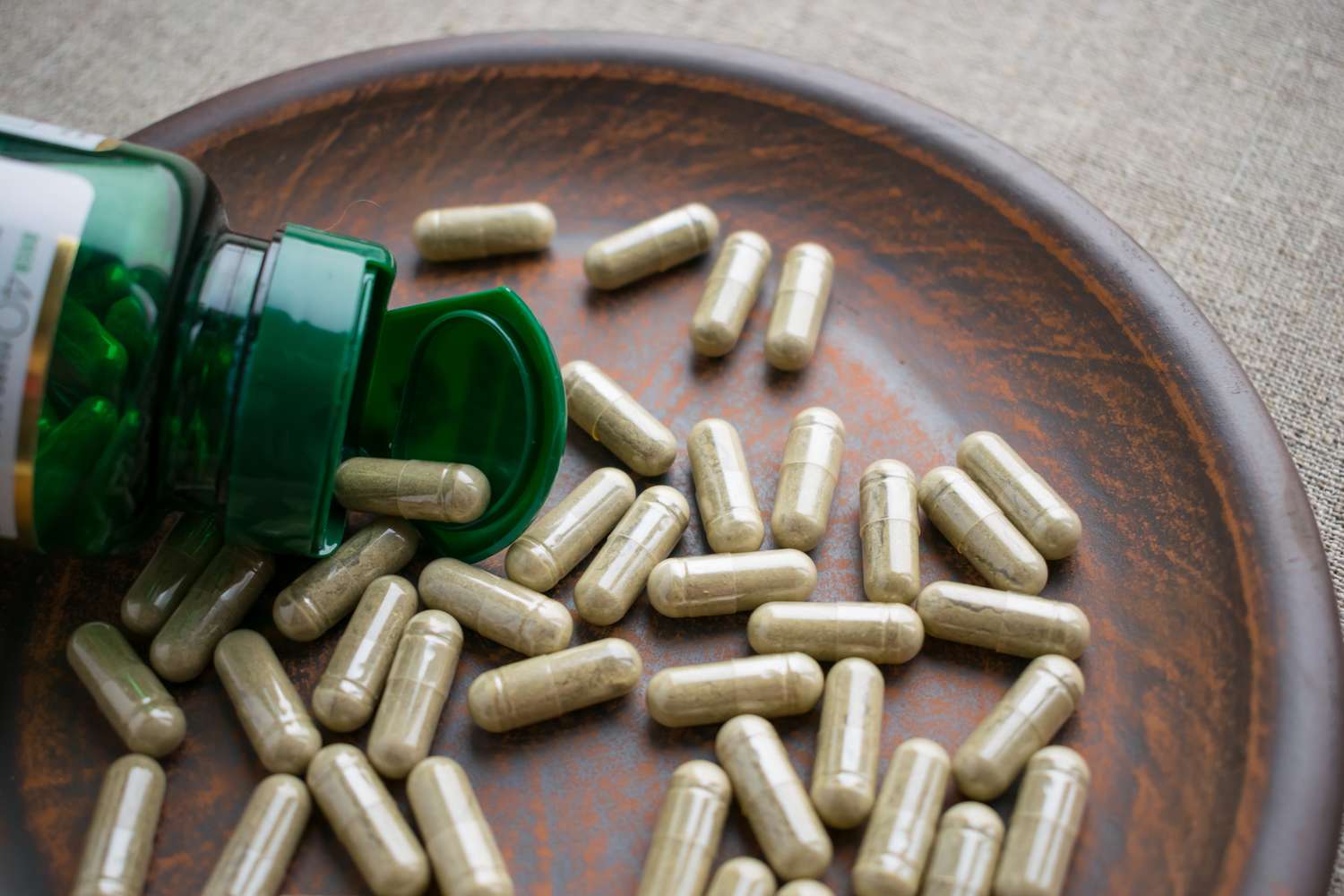Experts Explain the Consequences of Excessive Biotin Consumption

Having sufficient biotin is crucial, but is overconsumption possible?
Initially termed as vitamin H, biotin has been regarded as a micronutrient since 1927. Afterwards, it gained popularity as a dietary supplement rapidly.
Additionally, the usage of the supplement seems to be growing. Research in 2020 shows an increase in biotin use from 0.1% of the U.S. adult population in 1999–2000 to 2.8% in 2015–2016.
Numerous benefits for the skin are associated with biotin, and adequate consumption (30 micrograms per day for adults) supports other areas of well-being.
“It's vital to meet biotin requirements for hair health, hormonal health, and metabolism,” says Vanessa King, MS, RDN, clinical nutrition manager for The Queen’s Health System in Honolulu, Hawaii, and speech giver for the Academy of Nutrition and Dietetics.
However, there might be some risks associated with excessive biotin intake.
This article explains the necessary amount of biotin and the side effects of too much consumption.
Despite its initial H label, biotin is a B vitamin, now known as vitamin B7.
It acts as a cofactor for different enzymes involved in the metabolism of fats, proteins, and carbohydrates. Simply put, it assists our body in processing food into energy.
Biotin's effects on metabolism and potential benefits for skin health and hair growth have been explored in several studies.
According to King, biotin deficiency leads to skin rashes, hair loss, and brittle nails. People with these health problems might benefit significantly from an increased biotin intake, some research indicates.
For example, an 2017 study with 18 individuals found that biotin improved hair and nail growth.
However, some experts question the connection between biotin and healthier hair and nails due to inadequate research.
Anthony Rossi, MD, dermatologist and Mohs surgeon at Memorial Sloan Kettering Cancer Center, states, “I don’t suggest biotin supplements consistently for patients experiencing hair loss. Most studies haven't found a correlation between biotin supplementation and any benefits, unless the person has a proven biotin deficiency.”
The National Institutes of Health Office of Dietary Supplements points out that only case reports, not research studies, corroborate claims about biotin supplements enhancing hair and skin health.
Despite the unproven connection between biotin and healthier hair, skin, and nails, B7 supplements might still be a valuable option.
Some people do experience the aforementioned benefits, as indicated by anecdotal reports, according to Reid Maclellan, MD, ancillary staff member at Harvard Medical School and founder and CEO of dermatology app Cortina.
One might have to resort to biotin supplements if they're biotin deficient.
Biotin deficiency, though rare, is most common in pregnant women, high alcohol consumers, smokers, and malnourished individuals,” highlighted Maclellan. Bacterial imbalances in the GI tract, influenced by antibiotics or inflammatory bowel diseases, can also cause biotin deficiency, Rossi added.
The recommended daily biotin intake is 30 micrograms, a level some over-the-counter supplements surpass.
For instance, NOW Foods’ extra-strength biotin capsules contain 10,000 micrograms, and Pure Research’s liquid biotin drops provide an astounding 20,000 micrograms per dose.
Are such high levels dangerous then?
Generally not. There is no acknowledged upper limit for biotin, partly due to our body’s disposal of excessive intake.
As Maclellan pointed out, “Overconsumption of biotin from supplements is tough since it's a water-soluble vitamin, and any excess will get expelled through urine.”
Though that doesn't imply the absence of side effects from biotin overconsumption.
Some people might experience nausea or gastrointestinal upset, sleep complications or dehydration, according to Maclellan.
Moreover, according to King, vast biotin supplementation might interfere with certain lab tests, such as thyroid and troponin.
Most individuals are able to derive sufficient biotin from their dietary choices.
An unexpected array of both plant-based and animal-based foods contain this nutrient.
King suggests focusing on the following to ensure your consumption is adequate:
If you’re concerned your diet isn’t giving you the biotin you need, talk to your doctor or registered dietitian about the possibility of supplementing.
Though they may recommend a supplement to help you reach your daily 30 micrograms, you may not need—or even be able to use—the extremely high levels of many commercial supplements.




